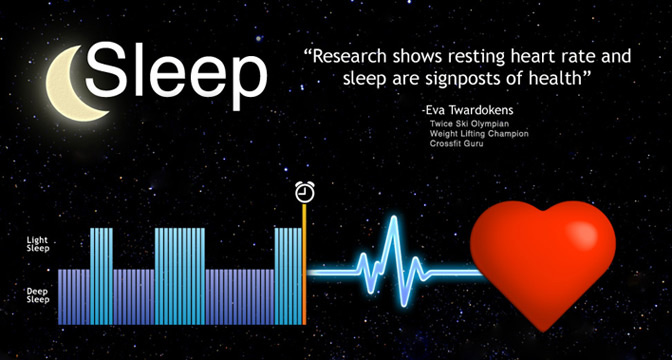
Melatonin for Sleep: Does It Work?
Does Melatonin Really Help You Sleep? Melatonin, is one of the many commonly used drugs for insomnia patients. It is from the human brain in an organ “pineal” isolated from a hormone. Because this hormone can make a melanin producing cells shiny, hence the name is melatonin. At that time scientists only know that melatonin will make people’s skin white. Later discovered that melatonin will make people sleepy.
In the 1960s, Professor Walmart of the Massachusetts Institute of Technology found that light would stimulate the body’s pineal glands through the eye, which would affect the secretion of melatonin. In the strong daylight or sunny day, the body will decrease the secretion of melatonin; to the light of the weak night or rainy days, the body will increase the secretion of melatonin.
When the melatonin in the human body is high, it will enter the blood, turned “hypnotic master” and urge the body to quickly sleep. This is one of the reasons why people want to sleep at night or on rainy days.
Is melatonin really so magical?
Austrian scholar Wardhos (1990) and American scholar Durins (1994) have found that taking a small amount of melatonin can shorten the time to sleep and prolong the deep sleep. However, they only studied 20 volunteers, persuasion is not enough.
Then in 2014, American scholar Dusit and the team analyzed 35 related studies found that melatonin on the treatment of insomnia. It is helpful to improve the quality of sleep, but in general , the help is very “weak”. This conclusion is currently recognizable.
From these findings, the effect of melatonin on sleep, and no touted the magic. Dr. Schaefer of Harvard University is more blunt that only when your body’s natural melatonin level is low, taking melatonin will help sleep, but remember that it is not mean to sleep more after eating more.
What kind of melatonin might it be for?
In 2002 the British scholar hexheimer study found that melatonin for the prevention and reduction of time difference response is quite effective. Because it can help people adjust the biological clock, but also in long distance flight to promote sleep. So, if a person sleep well because of the time difference, then melatonin can help.
In addition, the scientists have studied: under normal circumstances, the body naturally secrete melatonin enough to meet the needs, do not have to add additional melatonin. Such as healthy people. If you eat melatonin at noon, which will help them fall asleep . But if taking at night (At this time the level of melatonin would have been higher), then melatonin will not have any effect on healthy people .
What are side effects of taking melatonin?
It is also a major concern for people. The Dusit team studied the adverse reactions reported in 35 studies and found that the most frequently reported side effects were drowsiness and headaches. But have to pay attention to that in some cases ,melatonin may have adverse effects. For some people with specific genetic variation, melatonin can damage the body’s ability to treat blood sugar. In addition, the risk of prolonged use is also lack of corresponding assessment.
How do we let the body properly secrete “melatonin”?
First of all we want to maintain the normal day and night resting rules. Try not to stay up all night. Do not play mobile phone or tablet before going to bed. Pls do not take melatonin as special medicine and always rely on it . Have a good life and sleep habits, it is the best way to fight against insomnia.





Leave A Comment